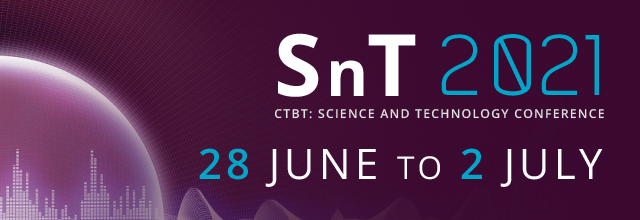Speaker
Description
Three-component stations traditionally rely on polarization analysis to estimate the backazimuth of each arriving wave. Unfortunately, these polarization estimates suffer from both high error and low confidence, and contribute very little to the downstream association algorithms at the IDC. Here, we present BazNet, a deep neural-network-based backazimuth predictor for three-component stations. For existing stations with ample historical training data, the technique achieves an overall median absolute error of around 14◦, a modest improvement over polarization. More importantly, each estimate is accompanied by a robust certainty measure, which is highly covariant with the error. By integrating the BazNet predictions and certainties into NETVISA, we demonstrate the potential of this algorithm to enhance global association at the IDC.
Promotional text
This work explores the use of a temporal convolutional neural network architecture for improved three-component backazimuth estimation, potentially enhancing the seismic signal processing pipeline used at the IDC for nuclear test monitoring and verification.

